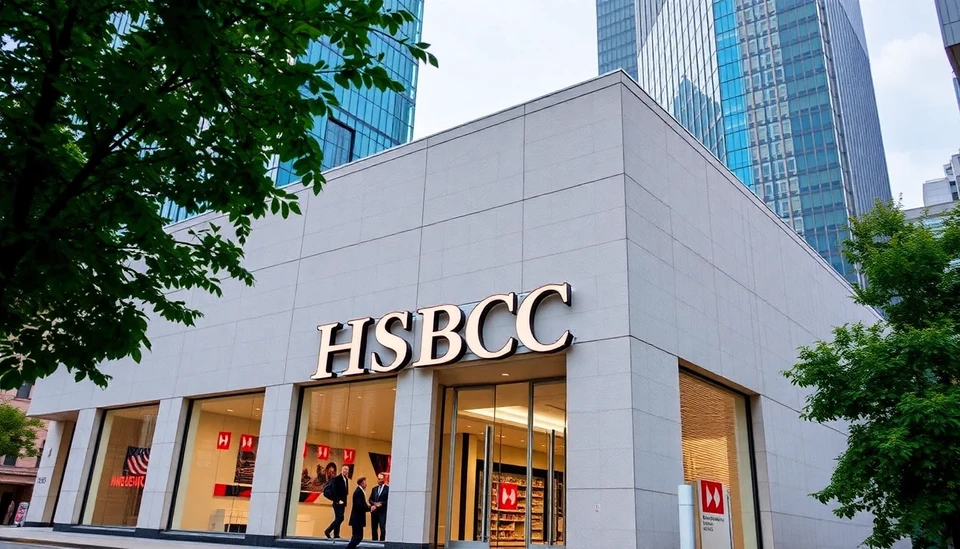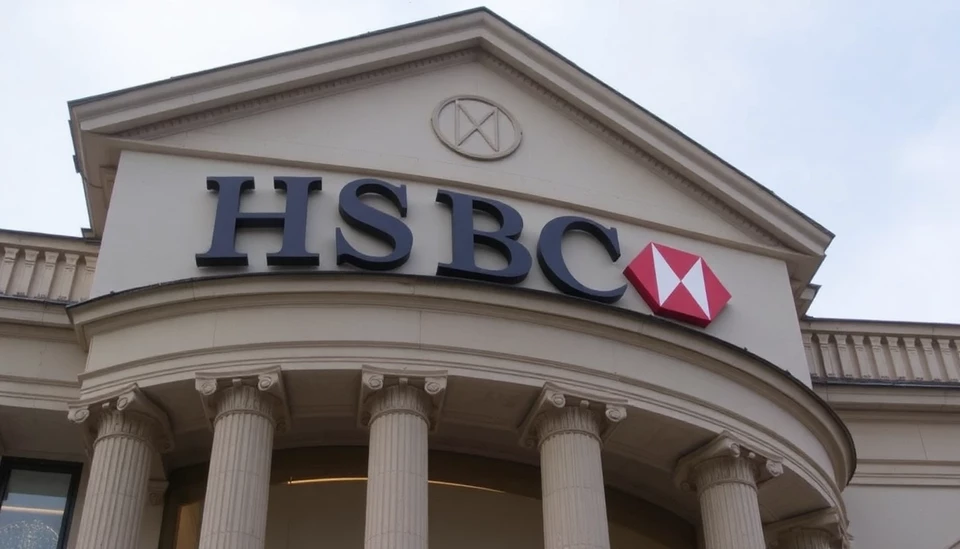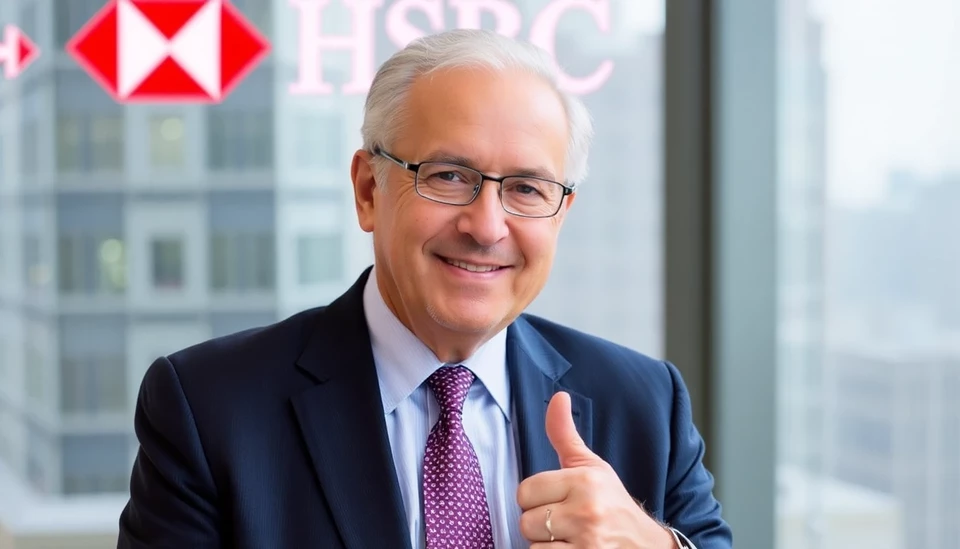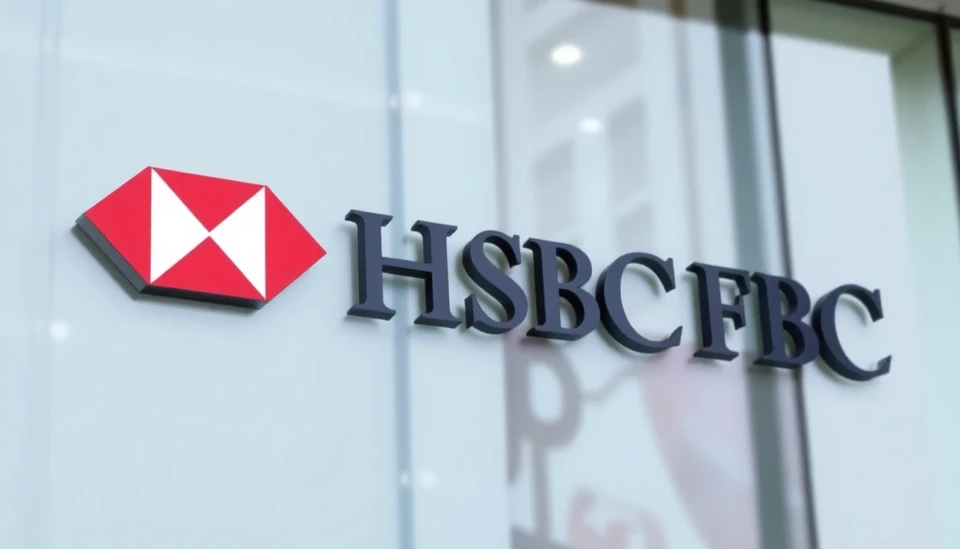
In a bold move aimed at reinvigorating the leadership landscape of one of the world's largest banking institutions, HSBC has begun a significant reorganization of its senior management ranks under the guidance of newly appointed CEO, Noel Quinn. This strategic reshuffle comes as Quinn seeks to navigate the bank through a series of challenges, including evolving market dynamics and increasing regulatory demands.
Quinn, who has been with HSBC for over 30 years, was named CEO in March amid pressures to enhance the bank's profitability and address mounting competition from both traditional banks and fintech disruptors. His initial steps signify a clear intent to mold the management team in alignment with his vision for the bank's future growth and operational efficiency.
The recent changes see the exit of several senior executives, many of whom had been with the bank for extended periods. Notable departures include the Chief Operating Officer, who played a crucial role in shaping the bank’s global strategies. These shifts signal a transition towards a more agile and cohesive leadership team that Quinn believes is essential for driving the bank forward in today's fast-paced financial environment.
Quinn's approach focuses on integrating more digital innovation and enhancing customer experience across all levels of service. This realignment is expected to not only boost efficiency but also help HSBC regain its competitive edge in the global banking sector, where agility and responsiveness to market needs are increasingly critical.
Observers of the banking industry view these changes as a necessary recalibration. Many believe that HSBC, which has historically struggled to adapt to rapidly changing tech-driven landscapes, must embrace this restructuring to better position itself against a backdrop of rising digital banking services and shifting customer expectations.
Additionally, the restructuring is designed to foster greater collaboration among different business units, breaking down silos that have historically hindered communication within the bank. This integrative approach is expected to promote a culture of innovation and adaptability, essential for meeting the demands of a diverse and expanding client base.
Quinn’s dedication to ushering in a new era for HSBC extends beyond just personnel changes; it represents a commitment to reestablishing the bank’s core values and enhancing its commitment to sustainability and social responsibility. Such factors are increasingly crucial for customers who are more discerning about where they choose to invest their money and with whom they engage financially.
As the banking sector continues to evolve, HSBC's leadership intends to position the bank not just as a legacy player but as a forward-thinking institution that's ready to take on emerging challenges while remaining grounded in its principles. The forthcoming months will reveal how these changes impact the bank's performance and its standing in the international financial arena.
Industry analysts will be closely monitoring the implementation of this strategic plan, gauging its effectiveness through HSBC's financial results and industry responsiveness in 2024 and beyond.
In conclusion, with a fresh leadership team poised to take on the challenges ahead, the future of HSBC under Noel Quinn appears to be a proactive approach aimed at navigating the complexities of modern banking and consumer demands.
#HSBC #NoelQuinn #BankingReform #LeadershipChange #FinancialInnovation #SeniorManagement #CorporateStrategy #GlobalBanking
Author: John Harris




